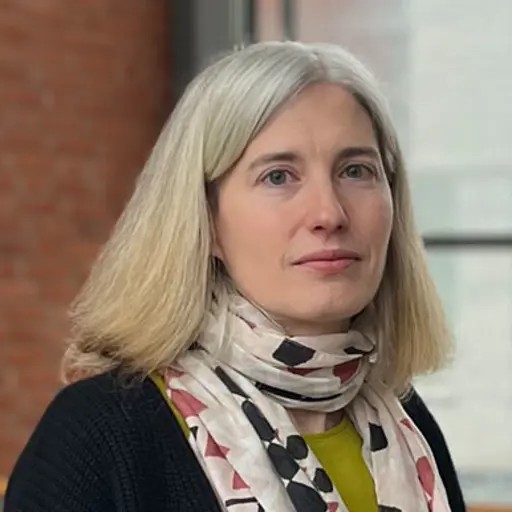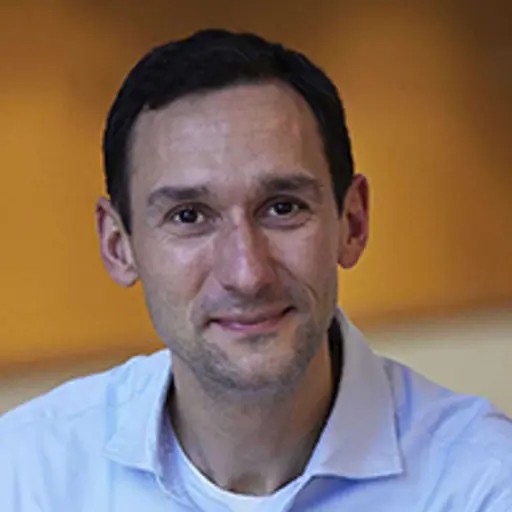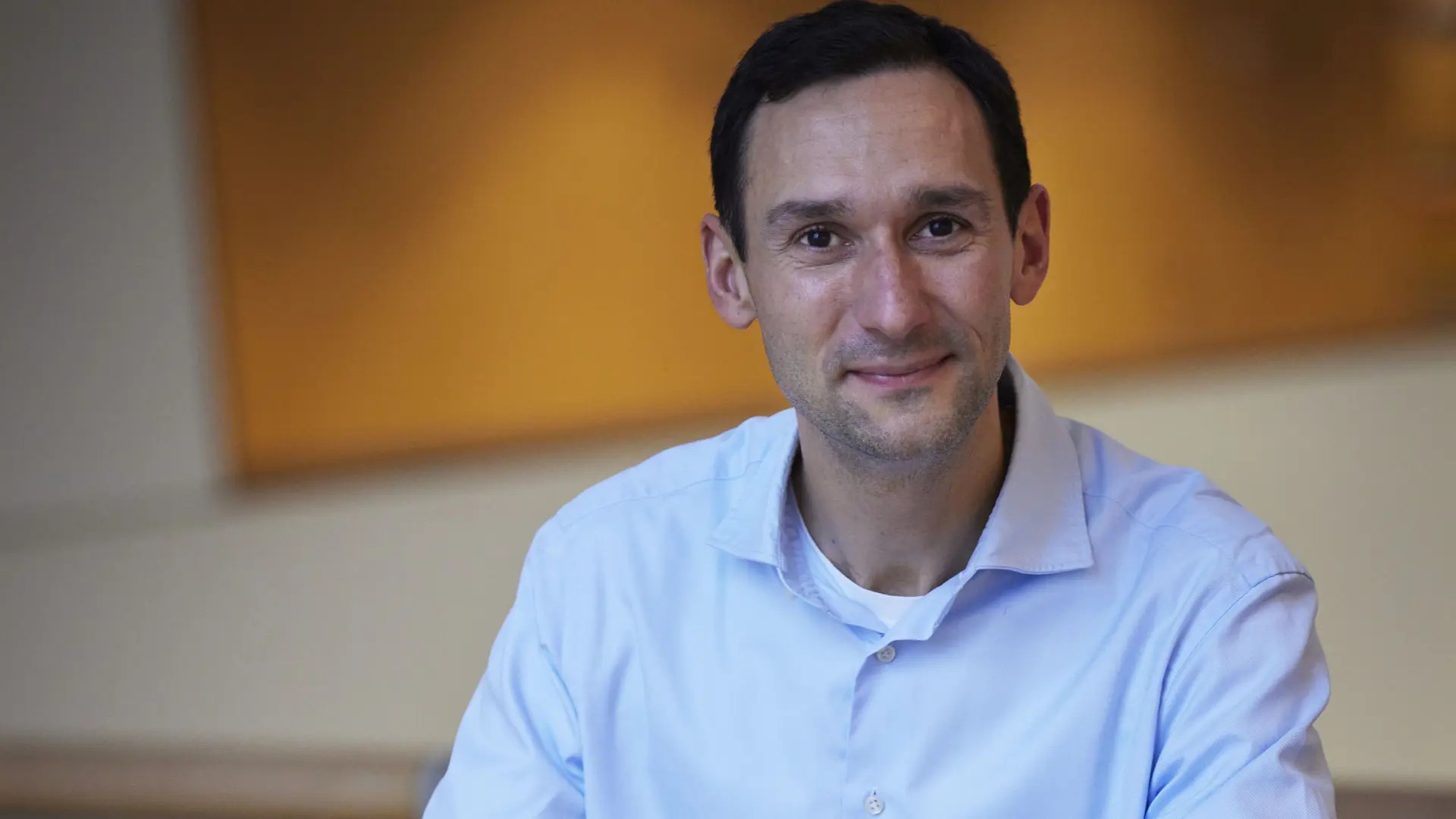
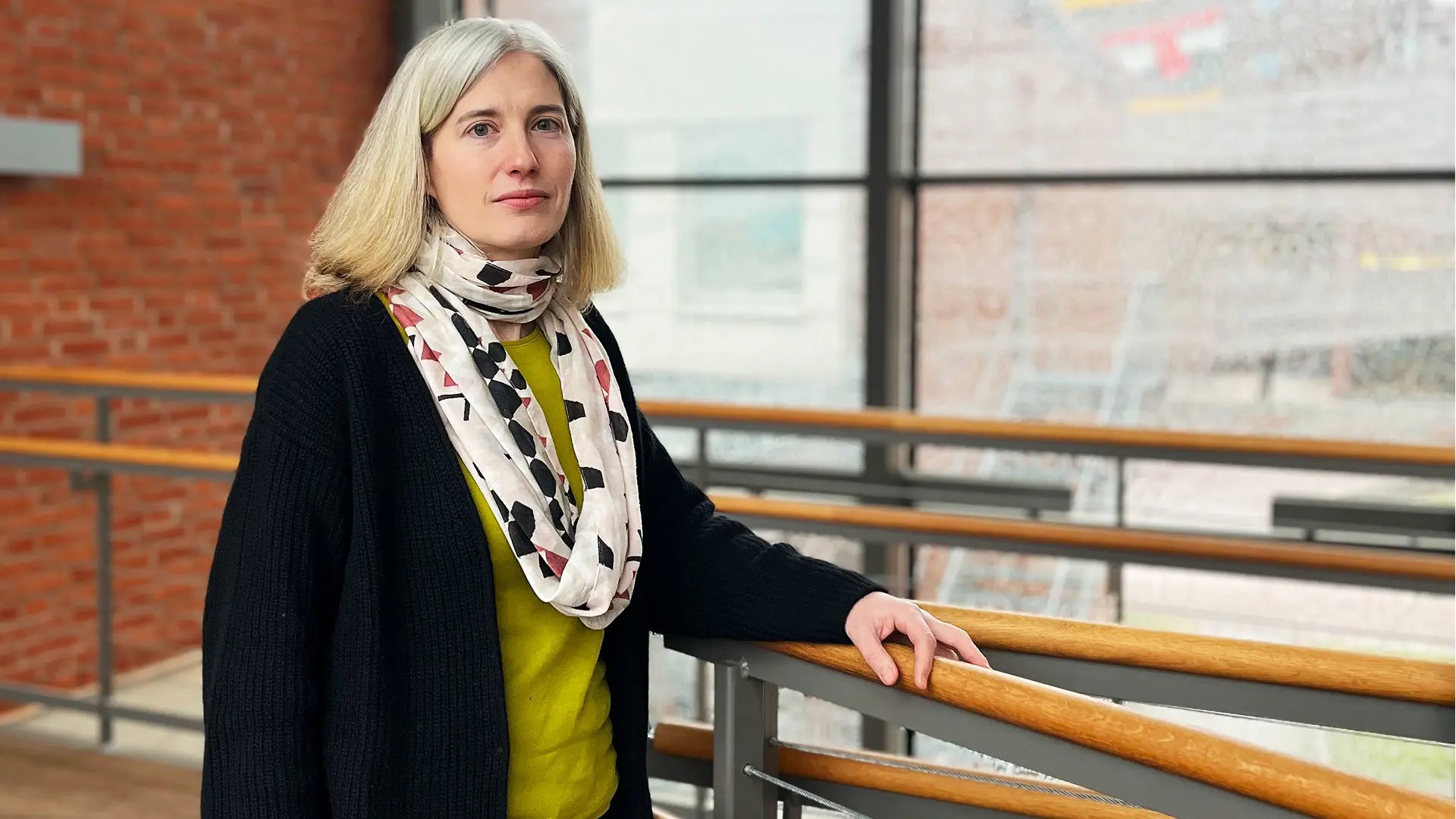
The European Research Council has awarded the prestigious ERC Consolidator Grant. Two researchers from Chalmers University of Technology are among the recipients: Annika Lang and Witlef Wieczorek.
The research grants from the European Research Council, ERC, are aimed at tackling major questions across all scientific disciplines. This year, two researchers at Chalmers are receiving the ERC Consolidator Grant: Professor Annika Lang at the Department of Mathematical Sciences, and Associate Professor Witlef Wieczorek at the Department of Microtechnology and Nanoscience. The Consolidator Grant is given to researchers with 7–12 years of experience since completion of PhD, a scientific track record showing great promise and an excellent research proposal.
Here, the researchers present the projects.
Annika Lang develops mathematics of stochastic geometries
Uncertainty is all around us and caused, for example, by the nature of a problem as in quantum mechanics, the lack of our precise knowledge as in porous media, or inaccuracies in measurements as in experiments with imperfect equipment. Annika Lang is developing mathematical foundations and efficient algorithms to allow for reliable simulations of models with uncertainty. With the ERC grant and her team she will develop mathematics of stochastic geometries in order to solve partial differential equations on them. This unique combination of stochastic analysis, geometry, and computations will establish the concept of evolving stochastic manifolds and their efficient simulation with analyzed algorithms.
Working interdisciplinary within mathematics but also with applications is what I love most in research.
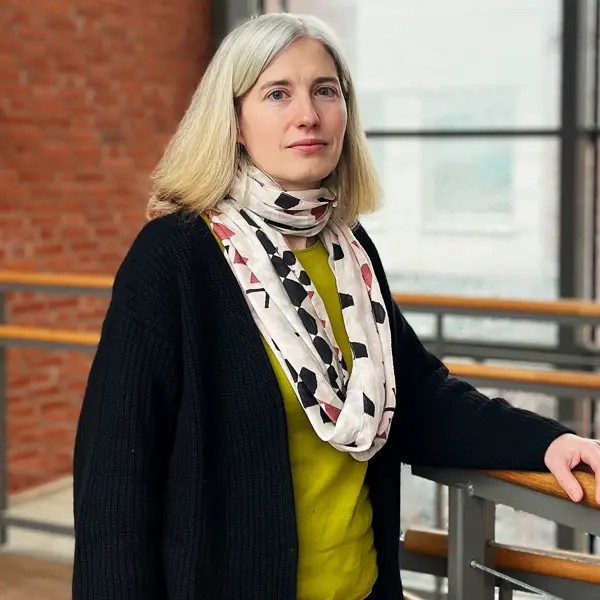
"Working interdisciplinary within mathematics but also with applications is what I love most in research. I am very excited that thanks to the grant I will be able to focus on connecting different mathematical disciplines to create new mathematics and efficient simulation methods that will find their way and use in applications."
Annika Lang receives 2 million euro for her project.
Witlef Wieczorek explores quantum entanglement of more massive objects
The concept of quantum entanglement is intriguing. On the one hand it challenges our view on the world as being local and realistic – on the other hand it underpins applications that go beyond classical capabilities, such as quantum computing or measurements better than the standard quantum limit. The goal of Witlef Wieczorek’s project is to realize entanglement between mesoscopic objects.
This is an endeavor that has not been attempted so far, and I’m confident that we have now the right experimental tools at our disposal
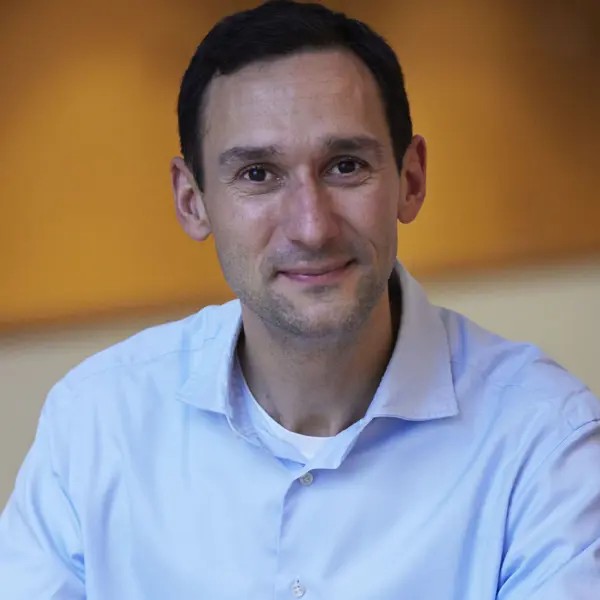
“We will start with entangling microparticles with a mass of picogram and aim to extend this to microgrammasses. This is an endeavor that has not been attempted so far, and I’m confident that we have now the right experimental tools at our disposal, which we will further develop in this project."
An array of superconducting microparticles magnetically levitated on a chip lies at the heart of the project. Combining that technology with the world-leading expertise of superconducting quantum circuits available at Chalmers enables that curiosity-driven research.
“These experiments will give use valuable information for the feasibility of a future experiment testing for the quantization of gravity. Further, an array of entangled levitated microparticles may even lead to a novel means to look for dark matter, which makes up for 85% of total matter in the universe and has not been directly detected so far.”
Witlef Wieczorek receives 2 million Euro for his project.
Contact the researchers
- Professor, Applied Mathematics and Statistics, Mathematical Sciences
- Head of Division, Quantum Technology, Microtechnology and Nanoscience
